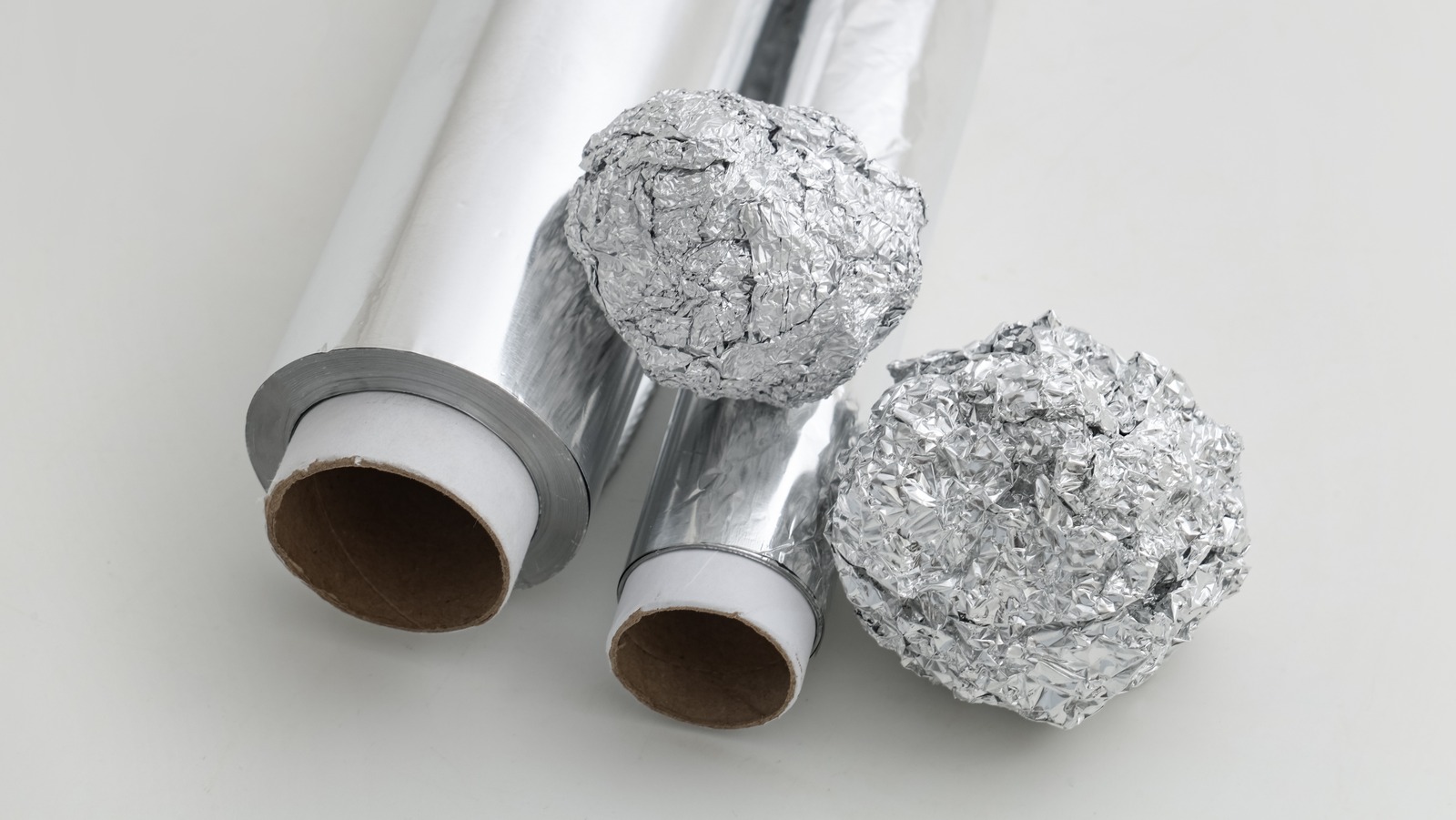Science
Aluminum Foil’s Role in Blocking RFID Signals Examined

In recent discussions surrounding personal security, the effectiveness of aluminum foil in blocking RFID (Radio Frequency Identification) signals has garnered attention. This notion has historical roots, tracing back to Julian Huxley’s 1927 short story “The Tissue-Culture King.” In the tale, a scientist uses a “cap of metal foil” to protect himself from telepathic control, highlighting a long-standing belief in the shielding properties of aluminum.
The modern interpretation sees individuals wrapping their car keys in foil to prevent thieves from wirelessly accessing key fob signals. Yet, the scientific basis for these practices is more complex than the folklore suggests. Under specific conditions, aluminum foil can act as a shield, reflecting or absorbing RFID waves, but its overall effectiveness hinges on several factors.
Understanding the Science Behind RFID Shielding
Research regarding aluminum foil’s capacity to block or attenuate RFID signals remains limited. However, the principle of a Faraday cage provides insight into how metals can serve as electromagnetic shields. According to a report by the Department of Homeland Security, a Faraday cage is defined as a “metal mesh or foil container that is impenetrable by radio signals of certain frequencies.” This report underscores the potential of such cages to shield RFID tags effectively.
A study conducted by the University of Arkansas‘s RFID Research Center found that even with items placed inside aluminum-lined bags, the detection systems could still identify approximately 77% of the RFID tags. This statistic raises questions about the reliability of aluminum as a protective measure against RFID skimming.
Factors Influencing Effectiveness
The effectiveness of aluminum foil in blocking RFID signals can be influenced by various external conditions. According to RFID Card, a provider of RFID and NFC solutions, factors such as environmental conditions, the thickness of the aluminum foil, and the wrapping technique significantly affect its performance.
Ultimately, while aluminum foil may offer some degree of protection, experts suggest that investing in dedicated RFID-blocking products, such as wallets specifically designed for this purpose, could provide enhanced security for personal information. These products are engineered to comprehensively shield against potential RFID skimming, offering a more reliable alternative to home remedies like foil wrapping.
As the conversation around personal security and technology continues to evolve, understanding the limitations and capabilities of various protective measures, including aluminum foil, remains essential for consumers seeking to safeguard their information.
-

 Health3 months ago
Health3 months agoNeurologist Warns Excessive Use of Supplements Can Harm Brain
-

 Health3 months ago
Health3 months agoFiona Phillips’ Husband Shares Heartfelt Update on Her Alzheimer’s Journey
-

 Science2 months ago
Science2 months agoBrian Cox Addresses Claims of Alien Probe in 3I/ATLAS Discovery
-

 Science2 months ago
Science2 months agoNASA Investigates Unusual Comet 3I/ATLAS; New Findings Emerge
-

 Science1 month ago
Science1 month agoScientists Examine 3I/ATLAS: Alien Artifact or Cosmic Oddity?
-

 Entertainment5 months ago
Entertainment5 months agoKerry Katona Discusses Future Baby Plans and Brian McFadden’s Wedding
-

 Science1 month ago
Science1 month agoNASA Investigates Speedy Object 3I/ATLAS, Sparking Speculation
-

 Entertainment4 months ago
Entertainment4 months agoEmmerdale Faces Tension as Dylan and April’s Lives Hang in the Balance
-

 World3 months ago
World3 months agoCole Palmer’s Cryptic Message to Kobbie Mainoo Following Loan Talks
-

 Science1 month ago
Science1 month agoNASA Scientists Explore Origins of 3I/ATLAS, a Fast-Moving Visitor
-

 Entertainment2 months ago
Entertainment2 months agoLewis Cope Addresses Accusations of Dance Training Advantage
-

 Entertainment3 months ago
Entertainment3 months agoMajor Cast Changes at Coronation Street: Exits and Returns in 2025









